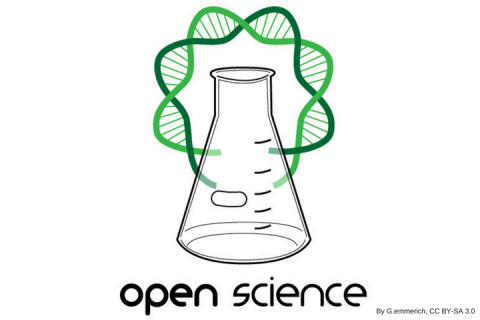In a recent Open Letter published on Gates Open Research, Pamela Kolopack, University of Toronto, and James Lavery, Emory University, discuss the issues of informed consent in field trials involving gene-drive mosquitoes . One of the reviewers of the article was Carolyn Neuhaus, The Hastings Centre. We thought the through discussion that occurred in Carolyn’s peer review report warranted further exploration.
Hollydawn Murray marks Open Data Day, which this year focuses on open research data, by highlighting what is possible when you publish your data. She calls on the research community to join us in helping definie how we can best support the researchers,
Last summer we launched our interactive figures initiative with plotly. Since then, we have published 22 interactives figures in seven articles across two platforms. In this post authors describe their figures and share why they wanted to make them interactive.
A Data Note published and currently undergoing peer review on Gates Open Research describes a collective research effort to profile and annotate more than 7,500 microbe spices including bacteria, archaea, viruses, fungi, and protozoa. Two of the authors, Heba Shaaban and David Westfall, describe their work in this guest blog.
The AAAS Annual Meeting takes place in Austin from 15 to 19 February and F1000 will be there. We will try to get to the heart of open science while deep in the heart of Texas. We will be moderating a panel that will include perspectives from a researcher, Charles Lin, Baylor College of Medicine; a funder, Ashley Farley, the Bill & Melinda Gates Foundation; and a publisher, Sabina Alam, F1000. We get some insight into their views on open science.
A recent Research Article published by Chiara Gabella explored how best to fund knowledgebases, which are relied on by many life scientists as highly accurate and reliable sources of scientific information. There are many questions about how to fund these, Chiara explores these questions further with Helen Berman, one of the reviewers of her articles.
F1000Research operates a transparent post-publication peer review model. We believe this style of peer review creates a conversation between authors and reviewers. To bring this conversation to life, we hear from Camilla Ip, an author on one of F1000Research’s most cited articles and reviewer Nick Loman.
Perfectionism is a hidden epidemic among young people, and striving to be flawless could have negative effect on their mental wellbeing, causing the rise seen in depression, anxiety and eating disorders. We share the recommended research related to these issues, as well as our top 3 recommendations and our hidden jewels.
The end of 2017 is pretty much with us now and what a year it has been here at F1000 with various announcements, discussions of peer review and the ethics of publishing. We take a look back at what blog posts you have been the most in read in 2017.
During this festive season and as the year draws to a close, we take a moment to look back to share with you the most read blogs on F1000Prime blog network, highlighting the work of our Faculty Members and their research recommendations. We would also like to say a big thank you to all our…














